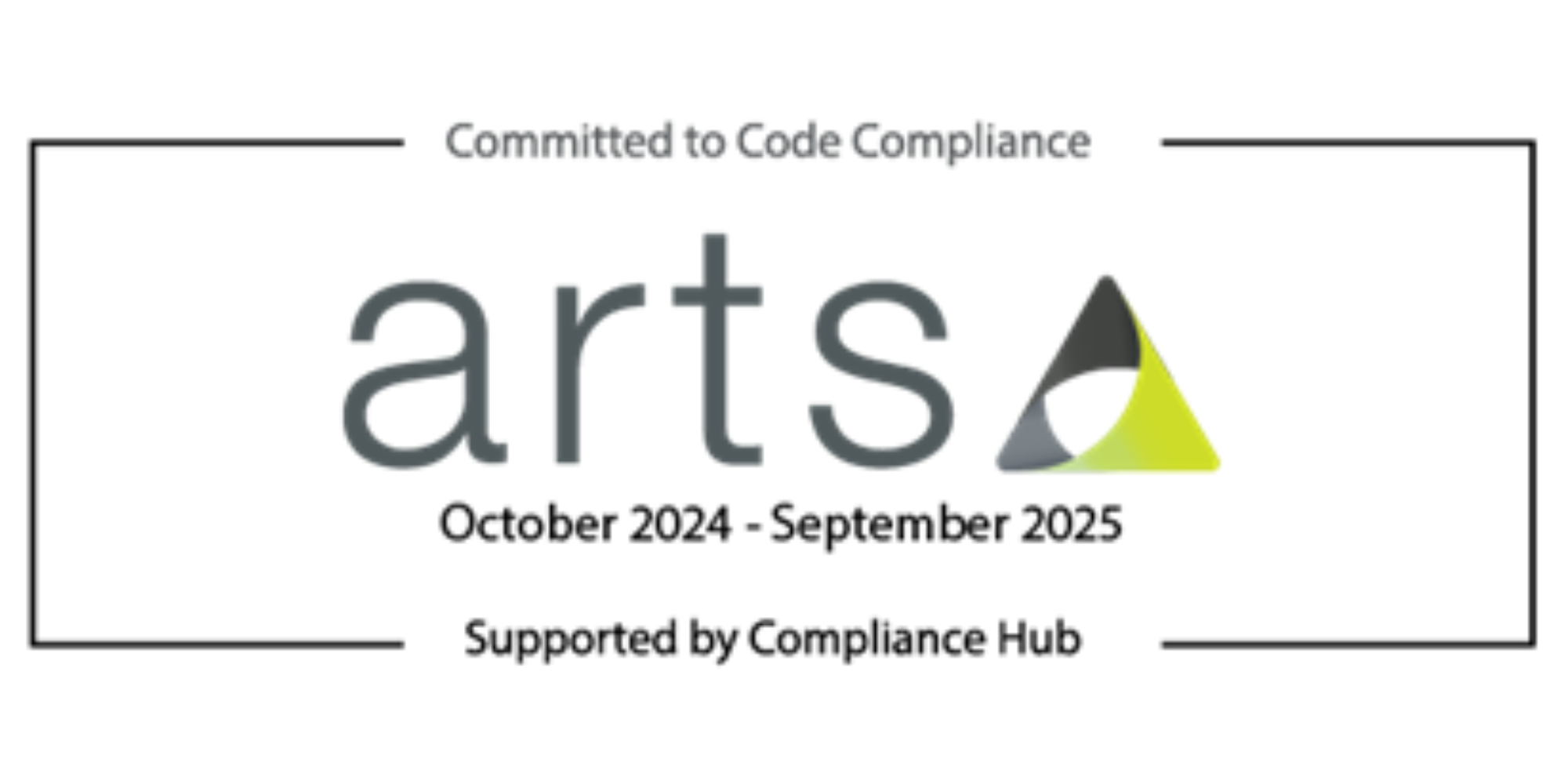The challenges facing the pharmacy assistant workforce in hospital pharmacy
Digitalisation and automation are increasingly replacing the traditional roles of the Pharmacy Assistant and transformation of Pharmacist and Pharmacy Technician roles are leaving workforce gaps in their existing roles. Although Pharmacy Assistants are now required to complete a vocational qualification, unlike Pharmacists and Pharmacy Technicians, they are not registrants and also have no professional body to develop career pathways post National Vocational Qualification (NVQ) Level 2, so this is an under researched area.
Secondary data was collected using published reports and primary data was collected using qualitative data from eight structured interviews. The focus of the interviews was to identify how the Pharmacy Assistants were trained and accredited for their advanced roles.
A number of advanced roles were identified in different areas from the primary research conducted, but there has been no overall strategy to identify what roles are needed and how staff can be trained for them. Evidence from primary research suggests that the largest skills gaps within the Pharmacy Assistant workforce is Information Technology (IT) literacy. The increase in digitalisation within the role has meant that there is a need to upskill existing staff.
Evidence from secondary research has identified the additional courses that a Pharmacy Assistant looking to move into an advanced role would need to undertake to improve their digital literacy, while evidence from primary research suggests that this should also be accompanied by in house training.
There is the potential for there to be a Band 3 to 4 progression to allow Pharmacy Assistants to move into an advanced role, however, banding is completely inconsistent between organisations and due to this disparity, it is difficult for Pharmacy Assistants to plan a career pathway.


 North
North

